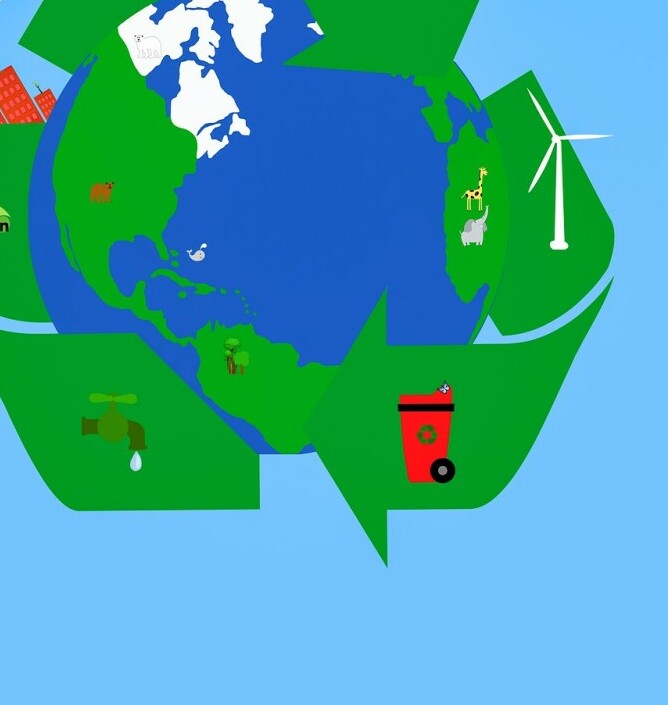
Sustainable Construction Practices in Project Management
Introduction to Sustainable Construction Practices
Sustainable construction, a cornerstone of modern project management, is more than just a buzzword. It’s a holistic approach that prioritizes environmental, social, and economic factors throughout the project lifecycle. By adopting sustainable practices, project managers can create buildings that are not only energy-efficient and environmentally friendly but also contribute positively to the community and generate long-term economic benefits.
Key components of sustainable construction include energy efficiency, water conservation, material selection, waste reduction, indoor air quality, and site selection. Project managers play a pivotal role in integrating these elements into the project from inception to completion.
Strategies for Implementing Sustainability in Construction Projects
Incorporating sustainability into a construction project requires careful planning and execution. Several strategies can help project managers achieve these goals:
- Green design and building materials: Selecting environmentally friendly materials and incorporating energy-efficient design principles from the outset can significantly reduce the project’s environmental impact.
- Effective waste management and recycling: Implementing robust waste management plans, including recycling and reuse programs, can minimize landfill waste and conserve resources.
- Technology and software: Utilizing sustainable project management software and tools can streamline processes, track environmental performance, and optimize resource utilization.
- Stakeholder engagement: Involving all stakeholders, including clients, contractors, and the community, is crucial for fostering a shared commitment to sustainability.
Challenges and Solutions in Sustainable Construction Project Management
While the benefits of sustainable construction are clear, implementing these practices can present challenges. Addressing initial cost concerns, navigating complex regulations, and developing a skilled workforce are common hurdles.
However, with careful planning and a long-term perspective, these challenges can be overcome. By demonstrating the long-term cost savings and environmental benefits of sustainable construction, project managers can gain support for initial investments. Additionally, staying updated on regulations and providing training opportunities can help address the skills gap.
Case Studies: Successful Implementations and Lessons Learned
Numerous successful projects exemplify the power of sustainable construction. These case studies offer valuable insights into overcoming challenges and achieving remarkable results. By analyzing these examples, project managers can identify best practices and adapt them to their own projects.
The Future of Sustainable Construction and Project Management
The construction industry is undergoing a transformation driven by technological advancements, climate change concerns, and evolving societal expectations.
Emerging technologies like 3D printing and artificial intelligence are revolutionizing the way buildings are designed and constructed, offering new opportunities for sustainability. Additionally, the increasing frequency and severity of climate-related events highlight the importance of building resilience into construction projects.
Adopting circular economy principles, which focus on reducing waste and maximizing resource efficiency, is another key trend. By designing buildings for disassembly and reuse, project managers can contribute to a more sustainable future.
To accelerate the adoption of sustainable practices, policymakers and industry leaders must work together to create supportive environments. This includes developing incentives, providing financial support, and establishing clear sustainability standards.
By embracing sustainable construction practices, project managers can not only create environmentally responsible buildings but also drive innovation, enhance project performance, and contribute to a more sustainable future.
If you would like to discuss any aspects of sustainable construction and project management then do not hesitate to Call Alan on 07539141257 or 03332241257, or +447539141257 or +443332241257, you can schedule a call with Alan on https://calendly .com/alanje or drop an email to alan@alpusgroup.com.
